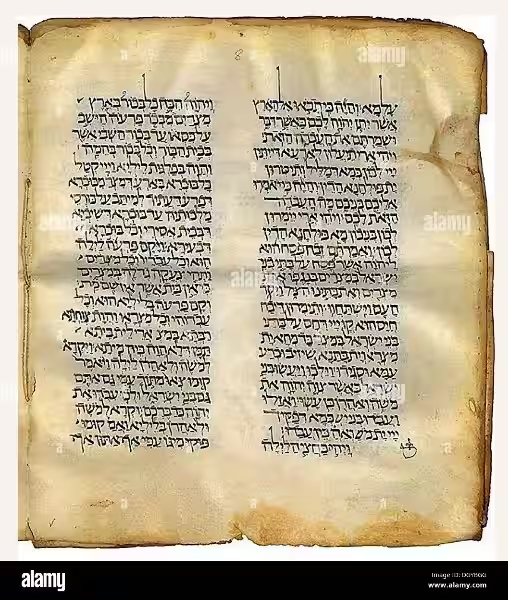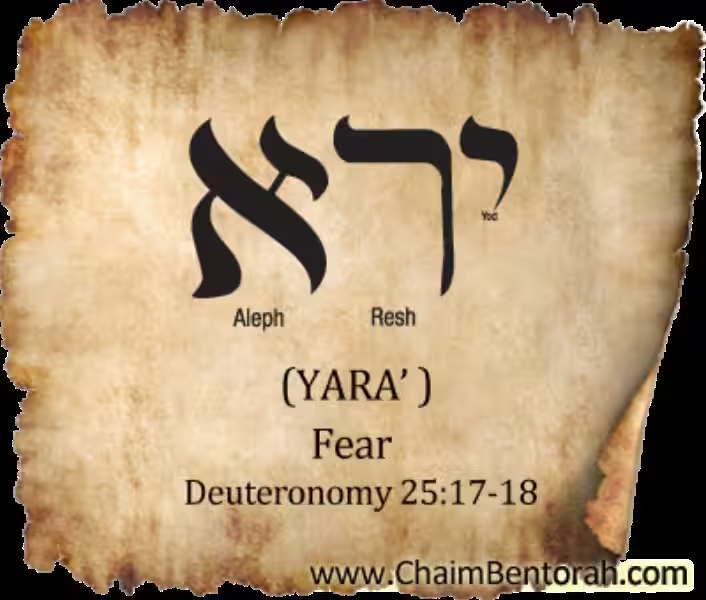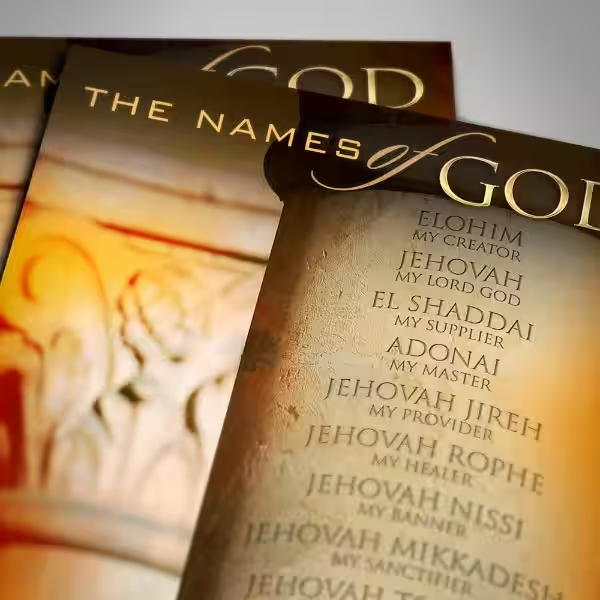El Shaddai Meaning Breast: Unpacking a Controversial Interpretation

The name El Shaddai, frequently appearing in the Hebrew Bible, is usually translated as "God Almighty." However, a less common interpretation suggests a connection to "breast," stemming from the Hebrew word shad (שַׁד), leading to interpretations like "God with breasts" or even a "many-breasted god." This article will explore this less conventional understanding, evaluating its validity and contrasting it with the more widely accepted translation. We will investigate the linguistic, theological, and contextual arguments surrounding this intriguing interpretation.
Grammatical Gender and the Masculine Nature of El Shaddai
The Hebrew word shad, while possessing the meaning "breast," is grammatically masculine. This is a critical point to consider when evaluating the "God with breasts" interpretation. The name El Shaddai itself is also grammatically masculine. Assigning a feminine or androgynous connotation to El Shaddai based on the possible meaning of shad is thus grammatically inconsistent. The masculine gender of both elements strongly suggests a different etymological path.
Furthermore, this grammatical consideration aligns with the overall portrayal of God in the Hebrew Bible, where God is predominantly presented using masculine pronouns and imagery. While the use of metaphors and anthropomorphic descriptions is common, the core grammatical structure and consistent use of masculine forms throughout the scriptures directly contradicts the idea of an inherently feminine or androgynous deity implied by the "God with breasts" interpretation of El Shaddai.
The Septuagint’s Rendering and Ancient Interpretations
The Septuagint (LXX), a Greek translation of the Hebrew Bible dating back to the 3rd century BC, provides valuable insight into how ancient Jewish scholars understood the term Shaddai. Crucially, the LXX consistently translates Shaddai as "theos" (God) or "pantokratōr" (almighty), never employing words related to breasts or feminine imagery. This consistent rendering across numerous passages suggests that the translators didn't perceive a connection to breasts, reflecting, arguably, the dominant understanding of the term among ancient Israelites.
The absence of any breast-related translation in the Septuagint is a significant argument against the "God with breasts" interpretation. It indicates that this interpretation wasn't prevalent, if at all present, in the understanding of the Hebrew Bible during a critical period in Jewish history. The weight of this ancient interpretation should not be overlooked in contemporary discussions surrounding the meaning of El Shaddai.
Lexical Ambiguity and Alternative Etymologies
While Hebrew lexicons acknowledge that shad can mean "breast," they don't uniformly support this interpretation for El Shaddai. Major resources such as the Theological Dictionary of the Old Testament (TDOT), the Theological Lexicon of the Old Testament (TLOT), the New International Dictionary of Old Testament Theology and Exegesis (NIDOTTE), and the Theological Wordbook of the Old Testament (TWOT) all highlight the ambiguity surrounding shad's meaning within the context of El Shaddai.
These lexicons propose alternative etymologies, including a connection to "mountain," representing God's dwelling place, or the verb "to destroy," signifying God's immense power. These interpretations align more readily with the overall portrayal of El Shaddai's power and sovereignty throughout the scriptures. The "God with breasts" interpretation is generally considered unlikely or untenable by these key scholarly resources.
Contextual Analysis and the Nature of El Shaddai’s Blessings
El Shaddai appears in numerous passages, including Genesis 17:1; 28:3; 35:11; 43:14; 48:3; Exodus 6:3; and Ezekiel 10:5. While a thorough contextual analysis of each verse is beyond the scope of this article, it's important to note the frequent association of El Shaddai with covenant promises and blessings, particularly in Genesis. These blessings often focus on God's power, provision, and the establishment of a large and prosperous nation, not directly on fertility or nurturing in a purely physical sense.
While some might argue that the blessings linked to childbirth and descendants implicitly connect El Shaddai to fertility, a broader interpretation focuses on God's ability to bring about abundance and fulfillment of promises. The emphasis lies in God's power and capacity to provide, rather than a direct association with the physical act of breastfeeding or the female body.
Commentary Perspectives and Scholarly Consensus
Numerous respected commentaries address the meaning of El Shaddai. Wenham's Word Biblical Commentary and the Jewish Publication Society's Miqra'ot Gedolot, for example, acknowledge the obscurity of Shaddai's etymology but generally favor interpretations linking it to "mountain" or "almighty," aligning with the LXX translation and broader scholarly consensus.
Prominent Jewish commentators such as Rashi, Ibn Ezra, Kimchi, and Nahmanides, all interpret El Shaddai in terms of God's power, sufficiency, and ability to overcome obstacles—interpretations that do not include any reference to breasts or fertility. This consistent rejection of the "God with breasts" interpretation across various traditions and scholarly viewpoints reinforces the prevailing understanding of El Shaddai as "God Almighty."
Conclusion: El Shaddai - God Almighty, Not "God with Breasts"
In conclusion, the weight of linguistic, theological, and scholarly evidence strongly argues against the interpretation of El Shaddai as "God with breasts." Grammatical inconsistencies, alternative etymologies supported by reputable lexicons and commentaries, and the lack of such an interpretation in the Septuagint all contribute to this conclusion. While the precise origin and etymological roots of Shaddai remain partially obscured, the overwhelming scholarly consensus points towards interpretations emphasizing God's power, sovereignty, and ability to provide—a far cry from a literal understanding of El Shaddai meaning breast. The commonly accepted understanding of El Shaddai as "God Almighty" remains the most accurate and theologically sound interpretation based on current scholarship.
Frequently Asked Questions: El Shaddai and the Meaning of “Breast”
Does El Shaddai mean "God with Breasts"?
The Hebrew word "El Shaddai," frequently used in the Bible to refer to God, is traditionally translated as "God Almighty." While the Hebrew word "shad" (שַׁד) can mean "breast," a less common interpretation suggests "God with breasts." However, this interpretation is not widely accepted by biblical scholars. Arguments against this interpretation include the masculine grammatical gender of both "shad" and "El Shaddai," the Septuagint's consistent rendering of "Shaddai" as "God" or "Almighty," and the lack of support from major theological lexicons and commentaries. Most scholarly consensus favors interpretations focusing on God's power and sovereignty.
What do major theological resources say about the meaning of "Shaddai"?
Leading theological dictionaries such as the Theological Dictionary of the Old Testament (TDOT), Theological Lexicon of the Old Testament (TLOT), New International Dictionary of Old Testament Theology and Exegesis (NIDOTTE), and Theological Wordbook of the Old Testament (TWOT) acknowledge the possibility of "shad" meaning "breast," but they don't definitively support this meaning for El Shaddai. These resources highlight uncertainty, offering alternative etymologies that connect "shaddai" to "mountain" (representing God's dwelling place) or the verb "to destroy" (emphasizing God's power). They largely disregard the "God with breasts" interpretation as unlikely or untenable. Prominent commentaries also generally favor interpretations emphasizing God's power and sovereignty.
What is the significance of the Septuagint's translation of "Shaddai"?
The Septuagint (LXX), an ancient Greek translation of the Hebrew Bible, consistently translates "Shaddai" as "theos" (God) or "pantokratōr" (Almighty). The absence of any translation relating to breasts is significant. It suggests that the ancient translators did not understand "Shaddai" to refer to breasts, reflecting a potential understanding prevalent among ancient Israelites. This lack of a breast-related translation lends further weight to the arguments against the "God with breasts" interpretation.
Are there any biblical passages that support the "God with breasts" interpretation?
Some interpretations link El Shaddai's blessings to fertility and abundance, potentially drawing connections to the imagery of nurturing and provision. However, these connections are not universally accepted as definitive proof of a "God with breasts" interpretation. The frequent association of El Shaddai with covenant, promise, and blessing in Genesis suggests an emphasis on God's power and provision, not solely fertility. A contextual analysis of the verses where El Shaddai appears doesn’t inherently support the “God with breasts” thesis.
What is the prevailing scholarly view on the meaning of El Shaddai?
The scholarly consensus leans heavily towards interpretations of El Shaddai emphasizing God's power and sovereignty, aligning with the traditional translation of "God Almighty." This perspective is strongly supported by grammatical analysis, the Septuagint translation, respected lexicons, and commentary from leading biblical scholars. While the precise etymology of "Shaddai" remains debated, the "God with breasts" interpretation is considered a minority view and is largely rejected by the majority of scholars.








